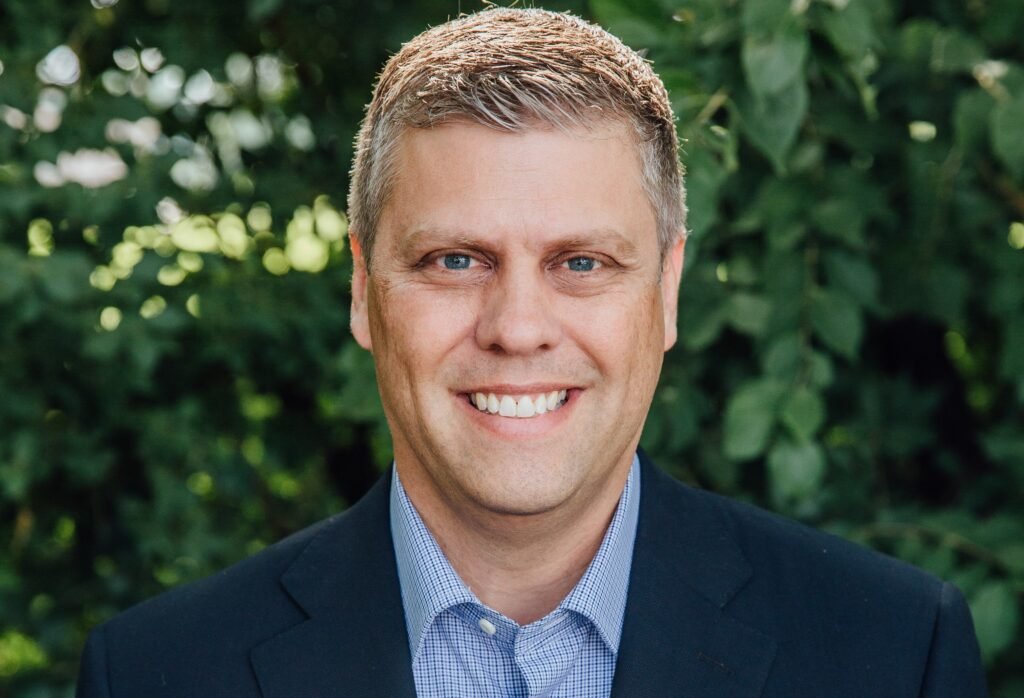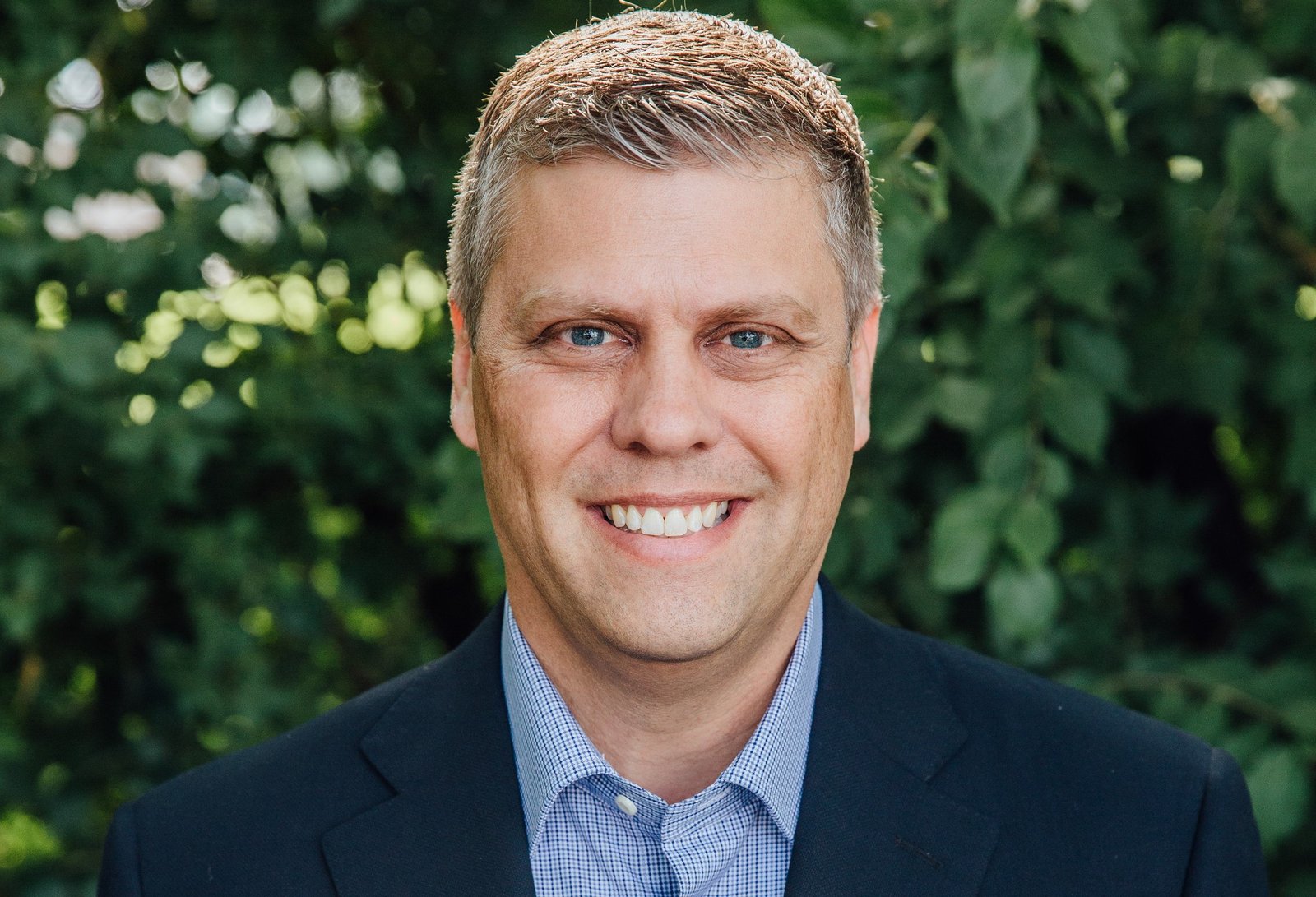I recently went one on one with Mark Flint, co-founder and CEO of The Escape Game.
Adam: Thanks again for taking the time to share your advice. First things first, though, I am sure readers would love to learn more about you. How did you get here? What experiences, failures, setbacks or challenges have been most instrumental to your growth?
Mark: Our journey at The Escape Game (TEG) has been one filled with learning. Since my co-founders, Jonathan and James Murrell, and I had no retail experience when TEG was founded, we’ve had to learn a lot along the way and adapt quickly. Sure, we leveraged prior experiences, but in many ways we started from scratch. Our iterative approach started when we created our first game in the Flint family basement. We established a cycle early on: try-fail-learn-try. Our team has become adept at implementing this cycle quickly and courageously when contemplating change.
One of the most difficult challenges we faced a few years ago was the importance of strategic alignment during an explosive phase of growth. We learned that an average strategy with alignment is better than a perfect strategy with unaligned leaders. It was a painful lesson at the time, but one that has served us well, forcing us to assess alignment and prioritize it regularly. The result of this prioritization over the past few years has resulted in our best culture and our best results.
During the onset of the pandemic, we were forced to close all our retail locations. I met with my co-founders and the rest of our leadership team, and we knew our backs were against the wall. With our leadership mindset of adapting quickly, we decided that we would look at the pandemic not as a storm to weather, but as an opportunity to take ground. So, we asked ourselves: “why can’t this be the best thing that ever happened to The Escape Game?” It didn’t make sense given the circumstances, but the results were more than we could even ask or imagine. Our team quickly started looking for opportunities to find ways to exceed our pre-pandemic plans.
My advice to future executives would include the obvious: watch cash closely, be scrappy and engaged, and protect your culture at all costs. But most importantly, look at the crisis through the lenses of creativity and opportunity, and there may be untapped success at the end of the tunnel. TEG thrived during the pandemic and had its best year ever in 2021, with revenue up by 73% and earnings up 164%, compared to 2019. In May 2020, we launched digital experiences, which was very successful during the toughest parts of the pandemic, and it continues to be an exciting business segment for TEG.
Adam: In your experience, what are the key steps to growing and scaling your business?
Mark: The most important step to growing and scaling our business, by far, is for us to keep ourselves grounded in our mission: to design and deliver epic interactive experiences for every single guest. “Every single guest” is the heartbeat of our mission, and we endeavor to consider our guests in every decision we make. Growth can tempt even the most focused leaders to compromise, but the TEG team is resolute when it comes to prioritizing our guests and their experiences. We ensure that every guest has an exceptional experience with us.
Another key to growth and scale is cultivating our leadership pipeline. One of our values is “Growth – we believe in expanding our business and developing our team members.” Growth in business creates massive opportunity for team member growth, and leveraging this opportunity is important for us to scale. We have a formal internal leadership development program called Ascend, which has allowed us to promote leaders from within. As of today, every single one of our general managers started at our entry-level position of Game Guide, and we have a pipeline of new leaders ready for our next phase of growth from 25 to 50 locations.
Adam: What do you believe are the defining qualities of an effective leader?
Mark: I believe humility and empathy are essential qualities of an effective leader. I think a secondary quality that can be useful for a leader’s drive and motivation is a dose of healthy competitiveness. In Pixar’s Ratatouille, chef Gusteau believed that anyone can cook. At TEG we believe similarly about leadership: most of leadership can be learned. In our context, our culture and values won’t allow a leader to emerge without the qualities of humility and empathy.
Adam: How can leaders and aspiring leaders take their leadership skills to the next level?
Mark: There are so many great resources available these days for learning – podcasts, books, coaching, and training, so the information is out there. I think that implementation of a lot of the great concepts being taught is one of the keys. TEG co-founder James Murrell, who heads up our leadership development program, often says: “Be the leader you would choose to follow and the follower you would choose to lead.” Taking that perspective will put a leader in the right perspective to implement great leadership tools and grow their skill sets.
Adam: What are your three best tips applicable to entrepreneurs, executives and civic leaders?
Mark: I would offer the following tips to entrepreneurs, executives and civic leaders:
Go. A lot of times “going” is more than half of the path to success. I love to strategize and plan and understand the risks, but at some point, every impactful leader has stepped out and gone for it. At TEG, we have tried to grow in the areas of courage and managing risk, so that we can go for it when opportunities arise.
Choose the right team. Skill and experience are extremely important in a leadership team as they facilitate delegation, growth and success. However, leaders often underestimate the impact and risk associated with leaders who are not aligned on company culture. I strongly recommend not to rest until you are certain your leadership team is in full alignment with the company vision, mission and values, and are ambassadors of your company culture.
It is almost impossible to overinvest in culture. At TEG, we are authentically a mission, vision and values-driven organization. Our founders painstakingly crafted our mission and vision statements and the language around our values. We fully debated and aligned on every single word. We constantly integrate this language into our everyday work life, and we are careful to celebrate and coach with this language in mind.
I’ll give an example. In one of our stores recently, after our 10 p.m. closing time, we experienced torrential rain and water piled up in the streets and as cars were passing by, the water started to come into the building. Without being asked, our team sprang into action, purchased some supplies, and stayed at the store until early morning the next day fighting the water coming in. When talking to our team, they viewed this as “no big deal” and part of their job. What they didn’t realize is that the employees of all the retailers around us abandoned their stores as they were either unsure of what to do. These other retailers were forced to close as the cleanup involved construction crews, while our team was able to open our store for guests in the morning. In that split second when it mattered, our teams were prepared and empowered, and the financial impact of their efforts exceeded six figures. This is just one measurable example of an excellent work culture.
Adam: What is your best advice on building, leading and managing teams?
Mark: The first thing I would say is to model the leadership qualities you are looking for in your teams. A good example would be the practice of taking responsibility and growing from it. I am still growing in this area and getting better and better at it.
When something doesn’t go right in our company, as CEO, I endeavor to look at myself first as the cause. Was I clear in setting out the initiative? Did I assign the right person to the task? Have I adequately communicated priorities? Are we measuring what is important? Are there weaknesses in our culture that need further investment? Our team already wants to win – if not they would not have made it through the selection process. Criticism, punishment, write-ups and pep talks pale in comparison to modeling the type of behavior you are seeking in your teams.
Adam: What are your best tips on the topics of sales, marketing and branding?
Mark: I would offer that the functions of sales, marketing and branding require hard work and a commitment to the basics, as they can often be overlooked given the creative aspects associated with these functions. My observation is that the “home run” ideas that caught fire or went viral are most celebrated and proliferated in marketing circles. We all crave this impact for our companies and initiatives, but by definition, game-changing creative ideas are rare. Our team does a great job at trying new things, but also not neglecting the fundamentals. I would also suggest not to give up on pursuing analytics on effectiveness of spend. Even though it seems impossible sometimes, the process of pursuing and reconciling performance enhances our chances of successful initiatives.
Adam: What is the single best piece of advice you have ever received?
Mark: I’ve found that I am at my best as a leader when I have a servant’s mindset and serve others whether that be my executive team, my employees or the thousands of guests we entertain each year. My advice to future executives would include: watch cash closely, be scrappy and engaged, and protect your culture at all costs. But most importantly, look at any crisis through the lenses of creativity and opportunity, and there may be untapped success at the end of the tunnel.









